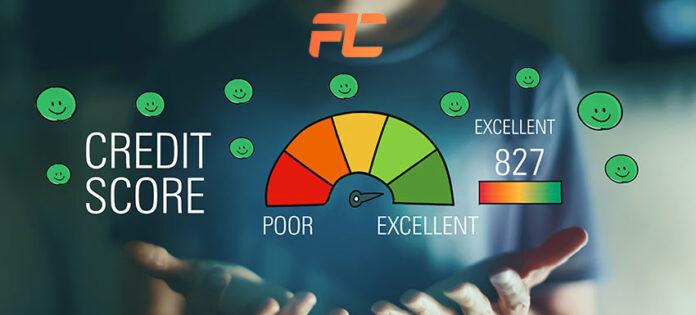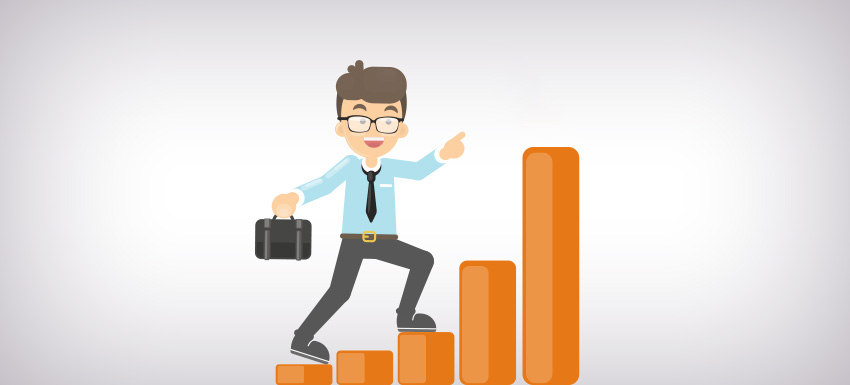When applying for a loan or a credit card, having a good credit score is one of the most important requirements. In addition to meeting the income requirements, you must have a perfect payback history. Your credit score will reveal everything. Let us look at what a credit score is and how to build or increase one.
What is a Credit Score?
A credit score, often known as a credit rating, is a three-digit figure that typically ranges from 300 to 900. It shows how creditworthy you are. Your credit rating improves as the number rises. A score of 700 or higher is considered exceptional. If your credit score is below 550, your prospects of securing a loan are slim to none.
Factors that determine your credit score
Many factors go into determining your credit score.
- Your payment history is extremely important. Repayment defaults might lower your credit score.
- The Credit Utilization Ratio (CUR) is also an important consideration. It becomes significant when it comes to credit card accounts. The Credit Card Utilization Ratio (CUR) is the ratio of your Credit Card usage (outstanding balance) to the permitted limit. A 30 percent rate is good.
- The age of your indebtedness is also important. Your credit history will be better if your commitments are older. To complement this feature, you should have a strong payback history.
- Your credit score is also determined by the number of loan accounts you have.
- The larger your unsecured-to-secured loan ratio, the worse your credit score.
- The amount of credit inquiries you make might have an impact on your credit score. The lower the rating, the larger the quantity of questions.
No credit history
How can you have a credit history if you have never taken out a loan in your life? This is a problem that many individuals confront. Your credit score will be either 0 or -1 in this situation. It does not imply that you have a low score. This rating implies that the credit bureau does not have enough information to calculate your credit score. It still qualifies you for loans based on your income and other qualifications.
How do you improve your credit score?
You know the factors that affect your credit score. Let us now focus on how to develop your credit score.
If you have a bad credit score (300 to 500)
- Enhance your payment history. Clear away the defaults and reorganize the accounts.
- Reduce your credit card balances to lower your CUR. Alternatively, safe Credit Card limits against your Fixed Deposits can be applied for.
- Maintain your older credit card accounts by keeping them active and in good working shape. You can close the new accounts without affecting the age of your existing accounts.
- Close some of your loan accounts to reduce the number of accounts you have.
- Balance your secured and unsecured debts in a healthy way.
- Refrain from applying for new loans until your credit score has improved.
If you do not have a credit score (0 or -1)
- Apply for a secured credit card (to be used in conjunction with your Fixed Deposits) and use it to boost your credit score. Make timely payments and keep a sufficient CUR.
- Apply for a combined loan with a co-borrower who has a strong credit rating. Pay the payments on time to keep the account in good standing.
- Secured loans, such as mortgage loans and home loans, are available.
- Read more: How to Get a Personal Loan with Bad Credit?
You will need some time to establish credit. After that, you will be able to apply for additional loans like credit cards, personal loans, and so on. Your credit score determines whether or not you are qualified for a loan. Things is in your hands to make it better.







